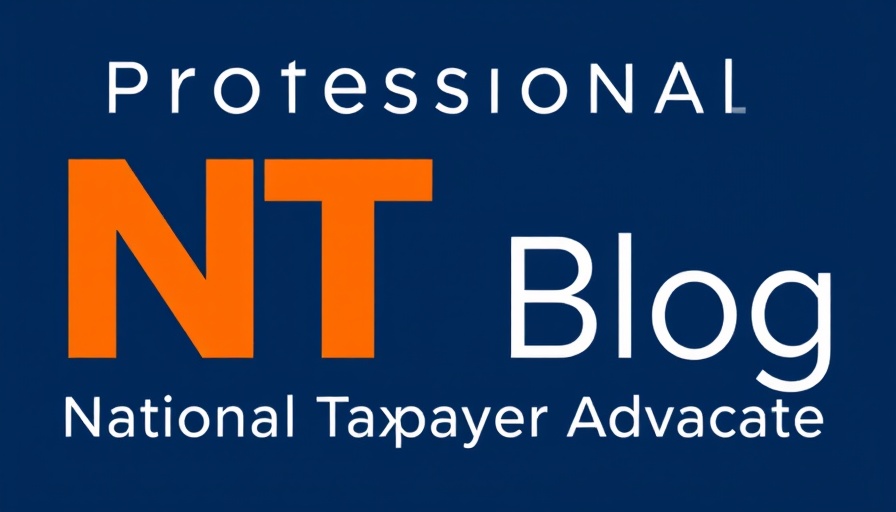
Understanding the Importance of Identity Theft Awareness
Identity theft is not just a financial issue; it’s a deep-seated threat that affects our peace of mind and sense of security. As we embark on the annual filing season, we must remember that an ounce of prevention is worth a pound of cure. With resources readily available, taxpayers can take crucial steps to mitigate the risk of falling victim to tax-related identity theft. The Federal Trade Commission (FTC) emphasizes education through its annual Identity Theft Awareness Week, offering valuable information for individuals seeking to protect themselves.
Implementing Effective Safeguards
Protection starts with knowledge. Taxpayers should empower themselves by participating in initiatives like Identity Theft Awareness Week. Simple yet effective practices such as using secure connections and strong, unique passwords can make a significant difference. Multi-factor authentication adds an additional layer of security, which is particularly important as identity thieves often exploit vulnerabilities.
Moreover, recognizing and avoiding unsolicited communications is an essential skill in today’s digital age. Phishing scams masquerading as legitimate organizations can catch even the savviest individuals off guard. Always verify the sender before taking any action, and keep personal information under wraps—your Social Security number and account details are too valuable to be careless with!
Identity Protection PINs: A Crucial Tool
One proactive measure that taxpayers should consider is obtaining an Identity Protection PIN (IP PIN) from the IRS. This PIN serves as a safeguard against tax-related identity theft, offering peace of mind whether filing online or via paper. Taxpayers can easily acquire an IP PIN for themselves and their dependents, bolstering their defenses against potential fraud.
Taxpayers Grapple with Processing Delays
Unfortunately, the road to recovery from identity theft is often uphill. Each year, millions confront the repercussions of this crime, but the IRS has faced criticism for the alarming delays in processing Identity Theft Victim Assistance (IDTVA) cases. These delays are more than just a bureaucratic hiccup; they can have real-world implications for victims and exacerbate their tax issues, amplifying their frustrations during an already stressful period.
While the complexities of identity theft cannot be overlooked, we can tackle this issue by advocating for awareness, employing protective measures, and seeking clarity regarding assistance processes. Preparing ourselves with knowledge and support is the first step toward reclaiming our sense of security.
 Add Row
Add Row  Add
Add 




Write A Comment